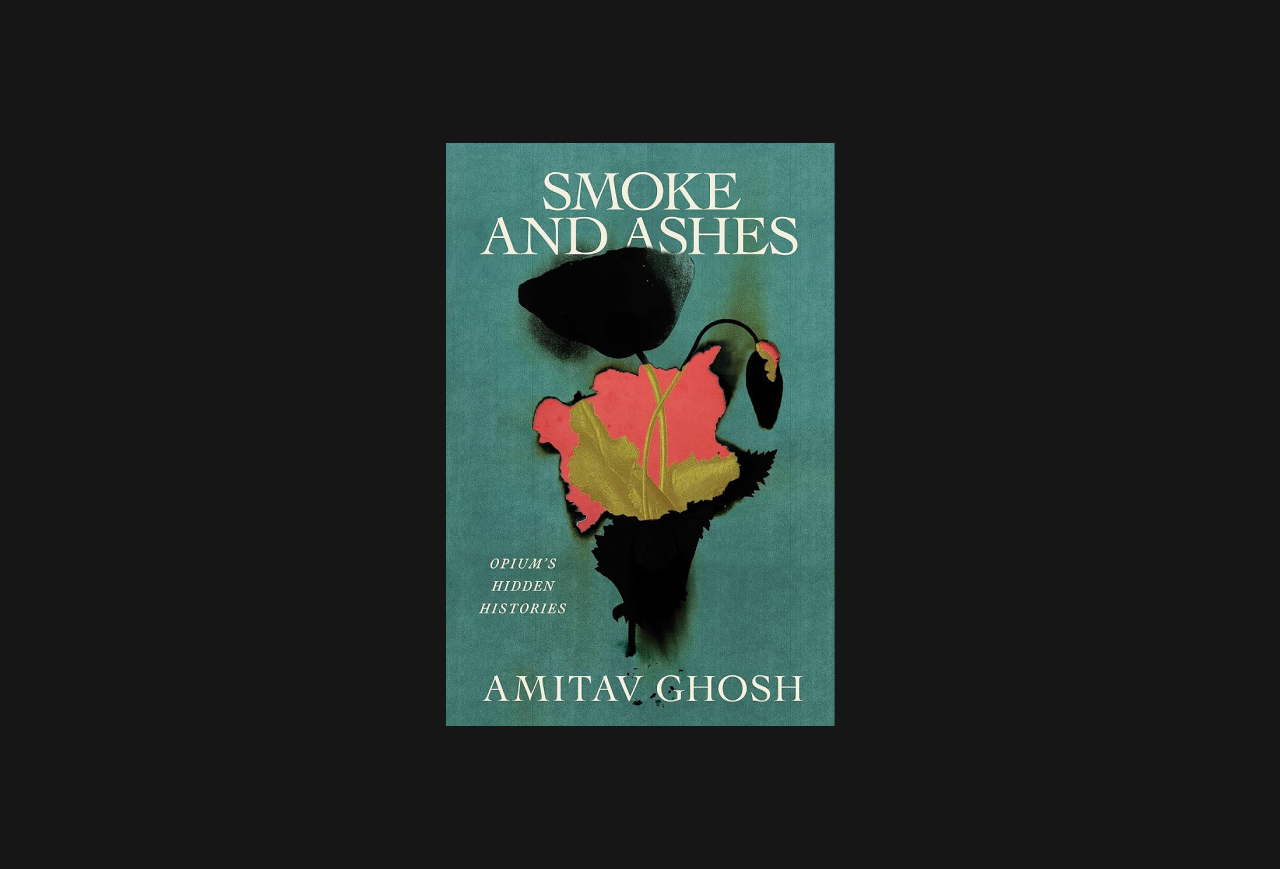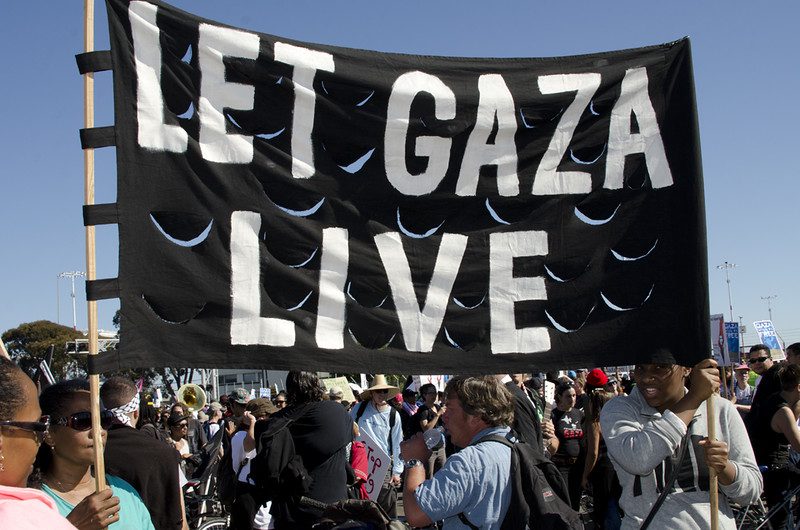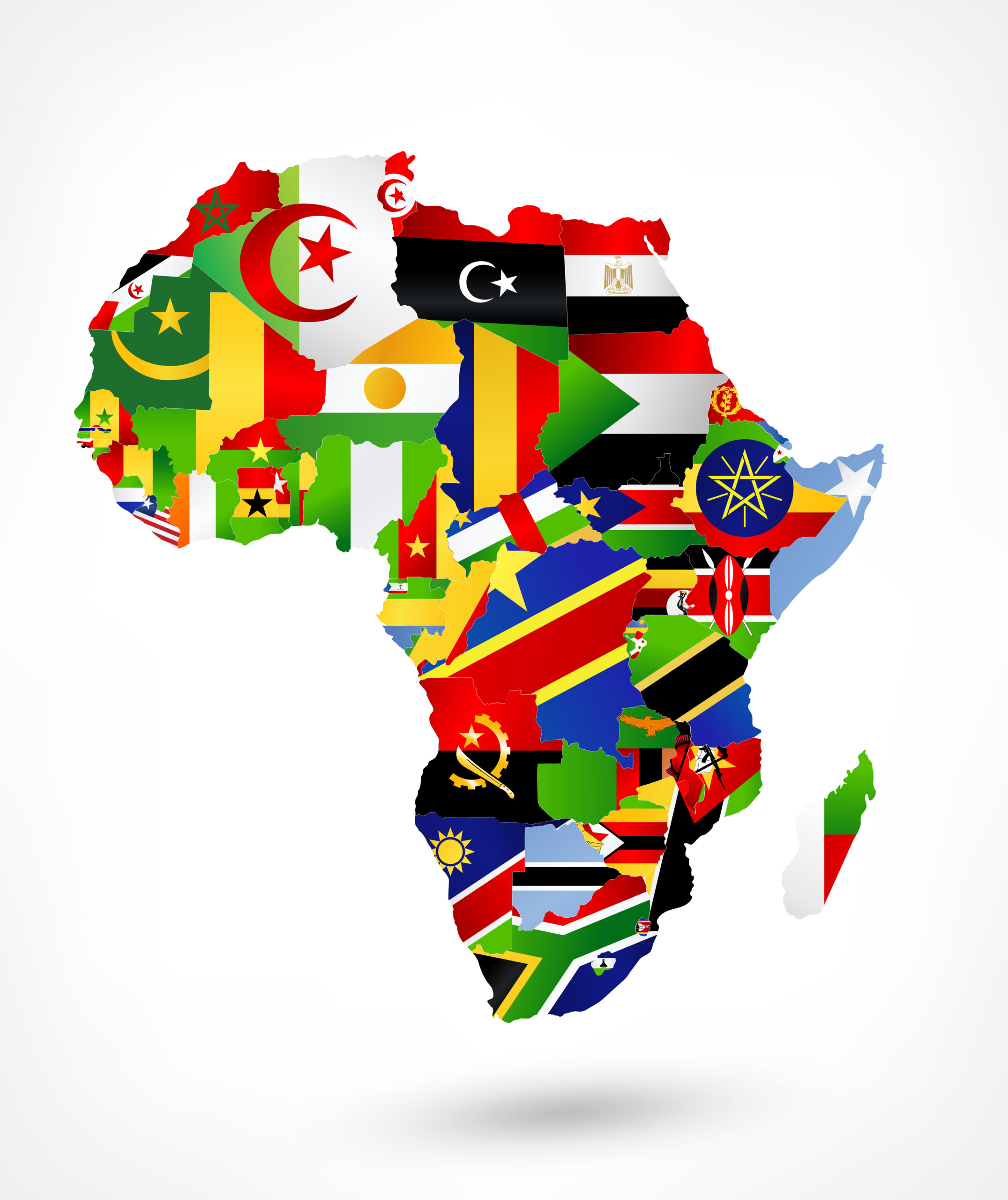Amitav Ghosh’s remarkable book, Smoke and Ashes: Opium’s hidden histories, deserves its critical acclaim.
Imperial Britain forced opium on China in the name of ‘free trade’ and corrupted India in the process. It’s a disturbing story, that doesn’t fit any of the grand narratives of global markets and their benefits. It’s also such a huge fact that as soon as we try to fit it within any grand narrative of empire, capitalism or relations between western countries and China, it shoulders everything else aside.
The opium wars have long been a central theme in Chinese telling of their modern history. For English language readers, Julia Lovell’s The Opium War is among recent books. It’s a story that bears telling over and over again.
Ghosh tells it compellingly, as the empirical annex to his Ibis trilogy of historical novels, Sea of Poppies, River of Smoke, and Flood of Fire.
Holland and Portugal built the first narco-empires. They didn’t invent the opium trade but they discovered its political-commercial potential and scaled it up. Victorian Britain industrialized opium production and wielded it as a weapon to break down the biggest barrier to its imperial greed—China—co-opting America and France in its joint enterprise.
Successive Chinese rulers had long insisted that the west had nothing to offer them. Anything that could be made in Europe, they could manufacture themselves. Western countries wanted tea, porcelain and a host of other Chinese goods, and to pay for them Europe shipped silver bullion, running up a huge trade deficit. The British stratagem was to force China to buy opium at the point of a gun. In turn, India became the biggest producer, and Bombay (‘Opium City’) Singapore, Hong Kong and Shanghai the biggest transshipment points. It was the world’s biggest divide and rule scam, shaping India as much as it did China. This is where Ghosh’s book makes its most singular contribution—generating a conversation across the Asian continent.
Capitalists made fortunes in the process. If there was any need to demonstrate of how ‘free trade’ isn’t a law of nature but a creation of greed, it is the following vignette (pages 206-7). The protagonist is a member of the ‘Boston Concern’, a group of four Bostonian trading families that, when merged, became the biggest opium trading conglomerate, but he could have been any one of several dozen British, French, German or other European merchants.
In private, many Yankee opium traffickers acknowledged that the opium trade was causing great harm to China. Robert B. Forbes, for example, wrote to his wife from Guangzhou in 1839, frankly confessing that ‘I made my first fortune’ in the opium trade, while also admitting that the trade was ‘demoralizing the minds, destroying the bodies, & draining the country [China] of money.’ But at the same time, he advised his wife to be very discreet if the subject ever came up.
The American ‘Canton graduates’, like their British counterparts, became citizens of high renown and models of probity in their communities when they returned home, bound by a code of silence over the origin of their riches.
One of the reasons why so many Americans of supposedly ‘upright character’ felt so few compunctions about their criminal conduct was that for them Christian teachings actually played a very distant second fiddle to the gospel of Free Trade. As they saw it, their first duty was to make profits for their investors and stockholders. It was exactly on these grounds that Robert Bennet Forbes rejected British pleas to join in the evacuation of Guangzhou [on the eve of the first opium war]: his blunt reply to [British emissary] Charles Elliot was ‘that his obligations to his owners took precedence over other considerations, whether of honor, patriotism, or the long-run benefit of the community.’ There could be no clearer summation of the most important accomplishment of the doctrine of Free Trade—the erasure of all ethical constraints in regard to profit-making.
On the hopeful side, Ghosh shows how this tide of destruction can be turned. China and newly-independent Asian countries successfully challenged the opium enterprise.
Ghosh makes telling comparisons between the narcotics trade of the Atlantic states’ gilded era and the Sacklers’ evil empire of today. He shows how the fossil fuel industry’s apparatus of deceit and addiction had its forebear in the opium business.
And he makes a suggestive proposal that the poppy and its narcotic product should be seen as an agent of history, acting independently from humanity, and shaping human society to fit its own logic of reproduction.
Ghosh writes that Papaver somniferum ‘appears to have forged, very early on, a special relationship with human beings: indeed, it is possible that the plant developed its chemical structure precisely to ensure that humans would propagate it… all cultivars evolved in collaboration with human beings, to enhance their medical and psychoactive properties.’ (p. 24) It should be seen as ‘a sort of independent biological imperial agent,’ that uses humans to ‘spin off new and more potent versions of itself.’
The word ‘epidemic’ is often used to describe the spread of opioid addiction and its human toll. It’s an evocative term, pointing to the web of contagion and the epidemiological logic of the numbers. If we scratch beneath the surface both of the human ecology of opioid trade and use, and of epidemics of microbial pathogens, some deeper congruities emerge.
Take cholera. Once confined to Bengal and the coastal areas of eastern India, where it intermittently exacted a dreadful toll, it became pandemic because of the military campaigns of the East India Company and the roads and ships linking the subcontinent to Europe. Cholera in London was blowback from empire—or alternatively we can see empire as the agent of the cholera bacterium. Similarly, opium’s enterprise and Britain’s Asian empire were co-constituted. This is a capitalist-imperial version of the story of the first agrarian societies in which, according to James Scott, wheat domesticated humans as much as humans domesticated the cereal.
In New Pandemics, Old Politics, I proposed reviving the now defunct word ‘pandemy’ to describe the social crisis surrounding a new pathogen and the illness and turmoil it caused. I argued that the defining characteristic of a pandemic pathogen was not its scale but its newness, and that it unleashed a cascade of subtle but profound changes across different dimensions: micro-biological, societal, and political. The new ecology of pathogen and human population jointly created a new ambient reality. For the pandemics I studied, it took decades before we understood how they began, why they spread, and what their impacts were.
So too with the pandemies of addictive substances including alcohol, tobacco, caffeine, refined sugar and narcotics. All are now fully integrated into our societal ecology; all are masters of our destiny as much as we like to think that ‘we’—in the sense of our supposed free will—are.



